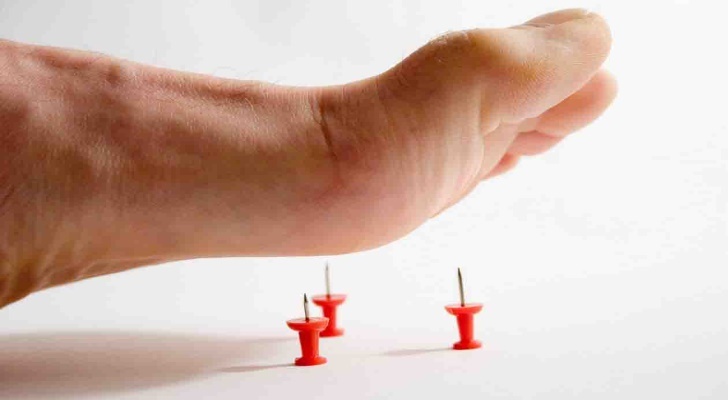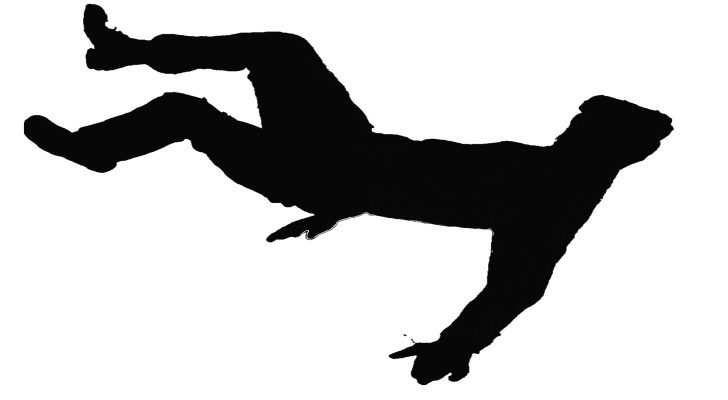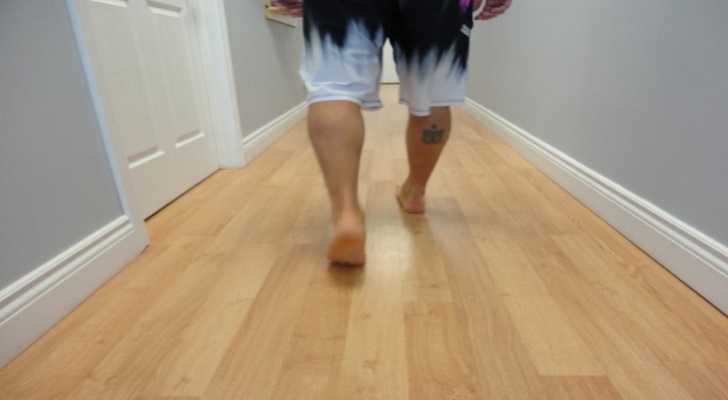Neuropathy Symptoms and Signs

Local areas of the body feel numb. Since neuropathy directly degrades the function of the nerves, especially those connected to the senses, it makes sense that you should lose sensation in certain local areas. As the condition progresses, the nerves are more and more incapable of transmitting information connected to sensory perception. The individual will lose the ability to experience touch, or feel pain, or sense temperature. The lower limbs are the most affected by this sensory degradation.

Raised levels of blood sugar. Raised levels of blood sugar are closely related to peripheral neuropathy, as diabetes is often a contributing factor to this condition. Consistently high levels of blood sugar tend to damage nerves in the extremities of the body, that is to say, the peripheral nerves. Over time, nerve endings can actually be destroyed, and a proportional amount of sensation is lost.

Unexplained local pains. As the nerves in the peripheral regions of the body are damaged, they start sending incorrect stimuli to the brain. This can result in the patient feeling random, unexplained pains in the lower extremities of the body. Also, quite normal stimuli, such as a gentle touch, can also result in pain. These abnormal sensations directly reflect the damage that is affecting the peripheral nerves.

Loss of control over one’s bladder. While this is not one of the central symptoms of this condition, it is still experienced by a large number of those who suffer from neuropathy. Lack of control over the bladder actually represents the inability of the nerves to transmit messages from the brain correctly. As the disease progresses, this lack of control will become more marked.

Vertigo, and an inability to keep one’s balance. Bodily coordination can become quite difficult when one suffers from neuropathy. This is because of receptors called proprioceptors, which are located beneath the skin all over one’s body, and whose function is to detect stimuli, begin to malfunction. When sensory input is flawed, bodily coordination becomes extremely difficult.

Infections in the lower limbs, and especially the feet. As nerves transmitting and receiving information from the lower extremities are damaged, the very maintenance of the tissues in these extremities becomes a problem. Blood flow is considerably reduced, which means that nutrition to the limbs, and especially to the feet, is massively affected. This makes the feet far more prone to infection, and sufferers from neuropathy will often experience infections of the feet far more regularly than do other people.

A strange manner of walking, or an unnatural stride. As the nerves are degraded by neuropathy, bodily coordination is adversely affected, and this, of course, affects one’s manner of walking. Walking is an exceedingly complex set of movements and requires a wide range of sensory input. Those who suffer from neuropathy no longer have the full function of their motor nerves or correct input from the sensory nerves. Such people may walk with a stoop, or in a strangely one-sided manner. They may also drag their feet.

Sexual incapability. Neuropathy degrades the nerves to the sexual organs as well, and this degradation of the nerves also leads to reduced blood flow to the area. Erectile dysfunction is often a result of this. The core reasons for it are really the sensory degradation that occurs as the nerves can no longer detect stimuli. Blood flow being affected to the sexual organs, erectile dysfunction is all but unavoidable.

A feeling of weakness in the muscles. The brain is no longer able to control the limbs correctly as the motor nerves are progressively damaged by the disease. A person may experience this as simple weakness in the muscles, or else, as an inability to coordinate the body when conducting movements that need to be precise. A simple gesture that you have used all your life might become all but impossible to execute. You may be unable to do up the buttons on a garment, or pick up a reasonably heavy bag. An older person might attribute this weakness or this lack of coordination to simply growing older and so the condition might remain undiagnosed for some time.

An inability to control the muscles of the face, which is called Bell’s Palsy. As nerves are degraded all over the body by peripheral neuropathy, so also function is correspondingly degraded. In a condition called Bell’s Palsy, the facial nerves are affected, causing a frozen expression, or causing one side of the face to droop. Often, an expression may become active on only one side of the face, while the other side of the face remains frozen. Generally speaking, though, there will be some muscular weakness and loss of control, but not total paralysis of the face.
